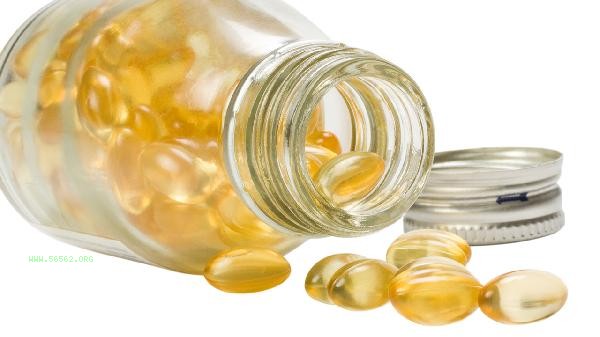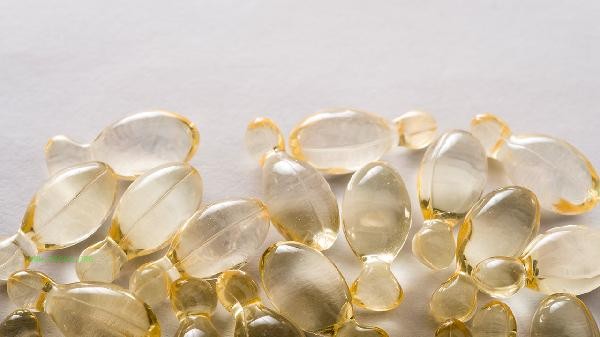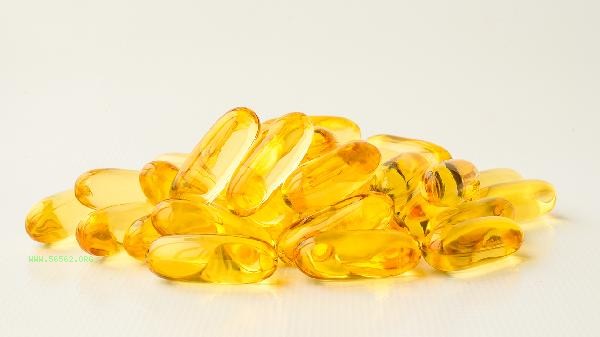Lack of vitamin B2 can be supplemented by consuming foods such as animal liver, eggs, milk, dark green vegetables, and legumes. Vitamin B2, also known as riboflavin, is an important nutrient for maintaining skin and mucosal health and energy metabolism.

1. Animal liver
Pig liver, chicken liver and other animal liver are high-quality sources of vitamin B2, with about 2 milligrams of riboflavin per 100 grams of pig liver, which is close to 1.5 times the recommended daily intake for adults. Animal liver is also rich in heme iron and vitamin A, suitable for moderate consumption by anemic individuals, but patients with hypercholesterolemia need to control their intake frequency.
2. Eggs
Egg yolks contain a high amount of vitamin B2, with approximately 0.5 milligrams of riboflavin per 100 grams of egg. Egg protein contains high-quality protein with high bioavailability. It is recommended to use low-temperature cooking methods such as steaming to avoid damaging nutrients during high-temperature frying. People who are allergic to eggs should choose alternative foods.
3. Milk
Whole milk contains approximately 0.18 milligrams of vitamin B2 per 100 milliliters, while also providing calcium and vitamin D. Lactose intolerant individuals can choose yogurt or low lactose milk, and probiotics in fermented dairy products can help improve the intestinal absorption capacity of nutrients.

4. Dark green vegetables
Spinach, rapeseed and other dark green leafy vegetables contain a certain amount of vitamin B2, which is about 0.1-0.2 milligrams per 100 grams. These vegetables are rich in both folate and dietary fiber. It is recommended to stir fry them over high heat or blanch them before cold mixing to reduce the loss of water-soluble vitamins. People with weak gastrointestinal function need to chop and cook.
5. Beans
Beans, black beans, and other legumes and soy products contain plant-based vitamin B2, with approximately 0.3 milligrams per 100 grams of soybeans. Bean protein can complement grain protein and enhance nutritional value. People with dyspepsia can choose easily digestible forms such as tofu and soybean milk. Gout patients need to control their intake.

Daily diet should pay attention to food diversification and avoid long-term single diet leading to vitamin B2 deficiency. Reducing the frequency of rice washing and controlling the blanching time of vegetables during cooking can preserve more nutrients. When typical symptoms such as angular stomatitis and glossitis appear, it is recommended to seek treatment with supplements under the guidance of a doctor, and to investigate whether there are pathological factors such as absorption disorders. Special populations such as pregnant women and athletes have a high demand for vitamin B2 and need to increase their intake of foods rich in riboflavin appropriately.



Comments (0)
Leave a Comment
No comments yet
Be the first to share your thoughts!